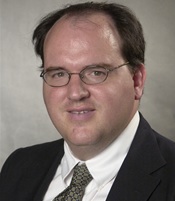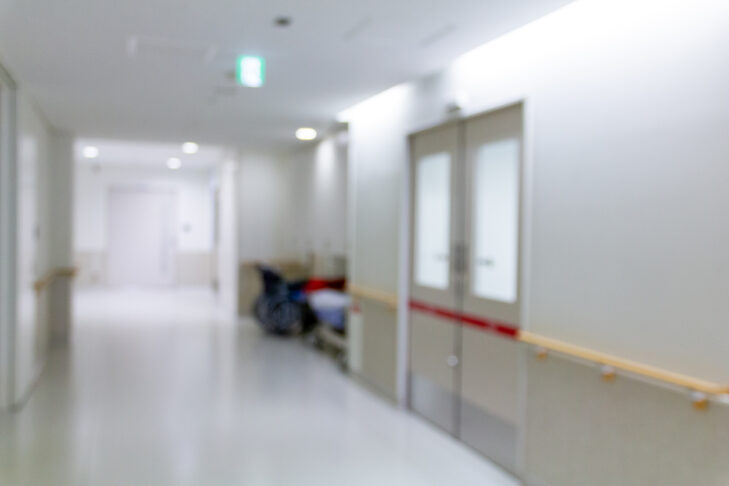Like his fellow chaplains at Mass General Hospital, Rabbi Ben Lanckton’s schedule has changed due to the coronavirus situation.
He’s still helping meet the spiritual needs of patients at MGH, but as of two weeks ago, for the foreseeable future, all chaplains there have had to connect with patients over the phone instead of in person.
Lanckton described his normal role as a “ministry of presence,” saying, “We show up and show we care by being there. That’s essentially what we do.”
Now, in an uncertain situation, he and his colleagues have to adjust. As of two weeks ago, they have been working remotely, with just one of them at the hospital on any given day. MGH has limited its visitor policy, ruling out any visits by a chaplain to a patient unless there is an absolute need, and prohibiting any visitors in general unless a patient is being born or dying. The hospital is offering virtual visits as an alternative, according to its website.

Lanckton also works closely with Boston Synagogue and serves the Vilna Shul as its High Holiday rabbi. Although Lanckton wishes he could still be at MGH to help in person, he recalled a positive result from a recent phone conversation with one of his regular patients. Lanckton recited the mi shebeirach prayer for healing to this patient.
“Based on his reaction, he understands the circumstances,” Lanckton said. “He was pleased I was allowed to converse with him.”
The number of patients Lanckton cares for by phone is more or less the same as the number he cared for in person: between one to two dozen a day.
“At this time, the numbers have not changed much, even though the situation changed,” Lanckton said.
One thing that has changed is that staff members see a need to support each other more, “because of what they’re going through,” Lanckton said.
It’s a situation he compares in some respects to the aftermath of the Boston Marathon bombings in 2013.
“There’s a similar sense of all hands on deck, emergency response,” Lanckton said, adding that the marathon bombings aftermath did “not have the element of uncertainty [that there is] now, how long this is going to last.”
But, he said, “It was the same emergency preparation that MGH does so well. It was mustered for the Boston Marathon, and it’s being mustered now.”
MGH has mandated that all its employees wear masks, and the hospital infectious disease division “is the first center in New England to enroll patients in an international study of the antiviral drug Remdesivir, which aims to treat those with the novel coronavirus,” according to the hospital website.
Staff receive multiple daily email briefings on policy and process from MGH, and they also stay connected on Zoom.
“It’s a constantly changing situation,” Lanckton said. “We take calls at home. We’re even at risk riding the T. We limit any social interaction as much as possible.”
He credited fellow rabbis for coming up with ways to reach people virtually—including Rabbi Bill Hamilton of Congregation Kehillath Israel, “the first person to use the words ‘connect without contact,’” and Rabbi Claudia Kreiman of Temple Beth Zion, who has “mobilized a number of excellent resources online,” including for morning prayers and a virtual Kaddish.
“We maintain contact to the degree we can, given the limits of physical isolation,” Lanckton said.
Even if Lanckton cannot visit his patients in person these days, he uses his own personal time to pray for them from his home.
He said that one of the things he always did as a chaplain, usually before leaving the hospital each day, was to daven (pray) mincha in the chapel, bringing his own siddur (prayer book) and praying for his patients.
The hospital may be off-limits to him currently, but this personal prayer continues.
“The last few days, it’s become even more important in going from being a rabbi at home to being a husband and father at home, transferring from the roles,” Lanckton said, adding that he tells all the patients he’s spoken with “over the course of the day that I’m praying for them. I pray for healing in the Amidah [prayer for] all the patients I encountered the previous day.”



